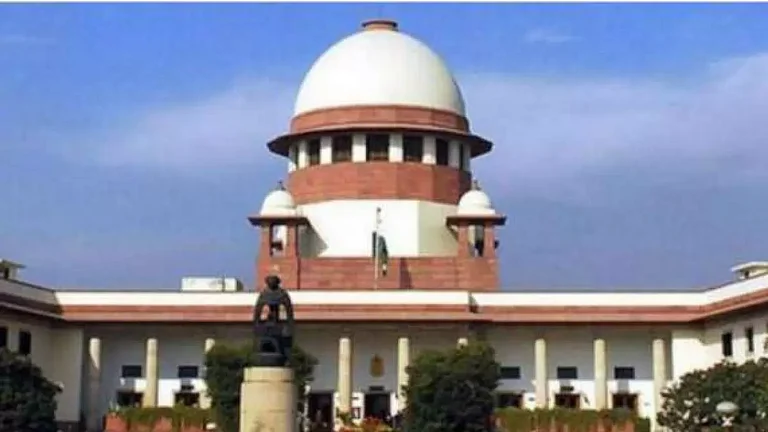Delhi experienced a 'satisfactory' category of Air Quality Index (AQI) for the 11th consecutive day on July 6, with an AQI of 75 at 4 pm on July 6, according to the Central Pollution Control Board (CPCB).
Delhi Records ‘Satisfactory’ Air Quality for 11 Consecutive Days, Experts Call for Stronger Measures
Criticism mounts over Delhi’s air pollution plan despite improved air quality levels
It has remained below 100 throughout the last 11 days, after dropping from 134 (moderate category) on June 25 to 94 (satisfactory) on June 26, reported PTI.
According to the CPCB, an AQI between zero and 50 is considered 'good', 51 to 100 'satisfactory', 101 to 200 'moderate', 201 to 300 'poor', 301 to 400 'very poor', and 401 to 500 'severe'.
The national capital recorded a maximum temperature of 35 degrees Celsius on Sunday, which is 0.5 degrees above the season's average. The minimum temperature was at 28.8 degrees Celsius, while the relative humidity stood at 83 per cent at 5.30 pm.
The IMD has also issued a yellow alert for Monday, predicting light to moderate rain accompanied by thunderstorms. The maximum and minimum temperatures are expected to hover around 33 degrees Celsius and 26 degrees Celsius, respectively, it said.
Need for Stronger Measures
The Air Pollution Mitigation Plan 2025, launched by the Delhi government in June 2025 is being criticised by experts for falling short on several parameters despite some positive features, according to Mint.
Speaking about the ‘hold’ on the fuel ban on end-of-life vehicles amid public pressure which came into effect this week, Shambhavi Shukla of the Centre for CSE told TOI, “In its decades-long campaign on the right to clean air, CSE has never recommended the phase-out of personal vehicles based on age. Instead, we have recommended the improvement of fuel and emission standards for vehicles from BS-0 in the mid-1990s to BS-6 introduction in 2020,” a statement from CSE said.
A 2018 TERI-ARAI study underscored that approximately 40% of PM 2.5 was generated by the transport sector. Another recent CSE study based on data from the Indian Institute of Tropical Meteorology said that around 50% of Delhi’s air pollution was caused by vehicle emissions. The Delhi government said that only BS-VI vehicles, CNG vehicles and electric vehicles will be allowed entry into the Union territory after November 1, 2025. This feature will not apply to vehicles already registered in Delhi but would apply to commercial vehicles—large, medium and heavy goods vehicles.
Shukla added that in the absence of a unified transport system, a multi-modal arrangement restricted to Delhi will not deliver the required results, as the Delhi-Gurugram-Faridabad-Noida region requires a multi-modal integrated transport system.
(With inputs from PTI.)
